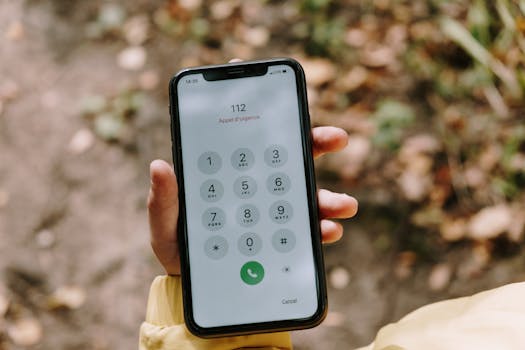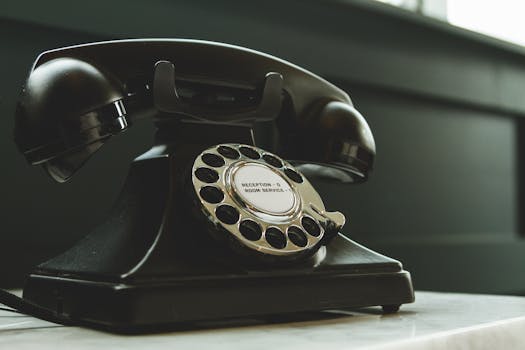You could do a college course to improve your IT skills or complete a qualification in customer service. These skills are important in this job.
Courses are widely available and include:
- customer service
- contact centre operations
- International Computer Driving Licence (ICDL)
Entry requirements
There are no set entry requirements for this route.




